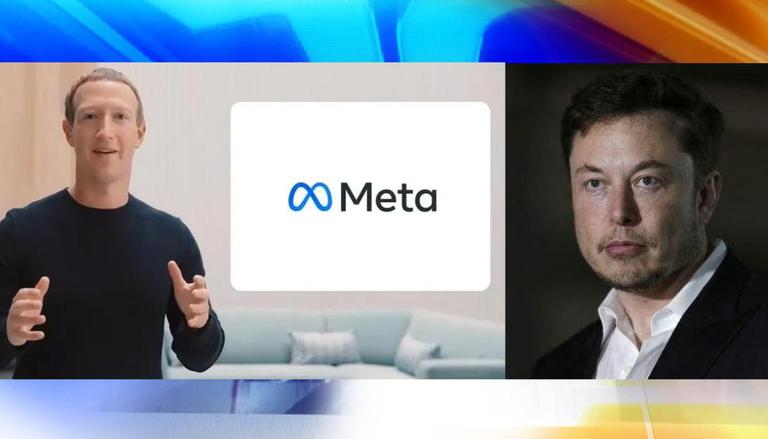The meta-universe so far resembles marketing hype

Tesla CEO Elon Musk has expressed his opinion that the meta-universe is more of a buzzword in marketing than a practical concept, Business Insider writes.
He made the remark on Twitter in response to David Letterman’s TikTok video, in which he chastised Microsoft co-founder Bill Gates for the Internet’s infancy. The movie maker contrasted the early days of the Internet to the meta-universe, which many people believe is a tremendous investment opportunity today. “Given the virtually inconceivable nature of the present, what will the future be like?” Musk said.
In a follow-up tweet, he said: “I’m not claiming that Web 3.0 [as he dubbed the metaworld] is real: it’s more marketing hype than reality right now; I’m just curious about the future in 10, 20, or 30 years. The year 2051 sounds insanely futuristic!”
The meta-universe is still a broad and ambiguous word that refers to the Internet’s future
Elon Musk is partially correct: the metaworld is still a broad and ambiguous word that refers to the Internet’s future. It’s supposed to relate to a virtual environment where individuals may interact, communicate, work, and attend events, among other things. Cryptophiles believe that the next stage of the Internet’s evolution will be decentralized or beyond the control of technology behemoths. Web 3.0 is already being adopted by corporations like Meta, the parent company of Facebook.
On Wall Street, despite the uncertain present, the meta universe is gaining traction. SAND/USD and Decentraland, two cryptocurrencies related to this topic, have soared this year, easily surpassing bitcoin.
In sectors like advertising and digital event management, Grayscale predicts that the meta-universe as a whole provides a $1 trillion yearly revenue opportunity.



